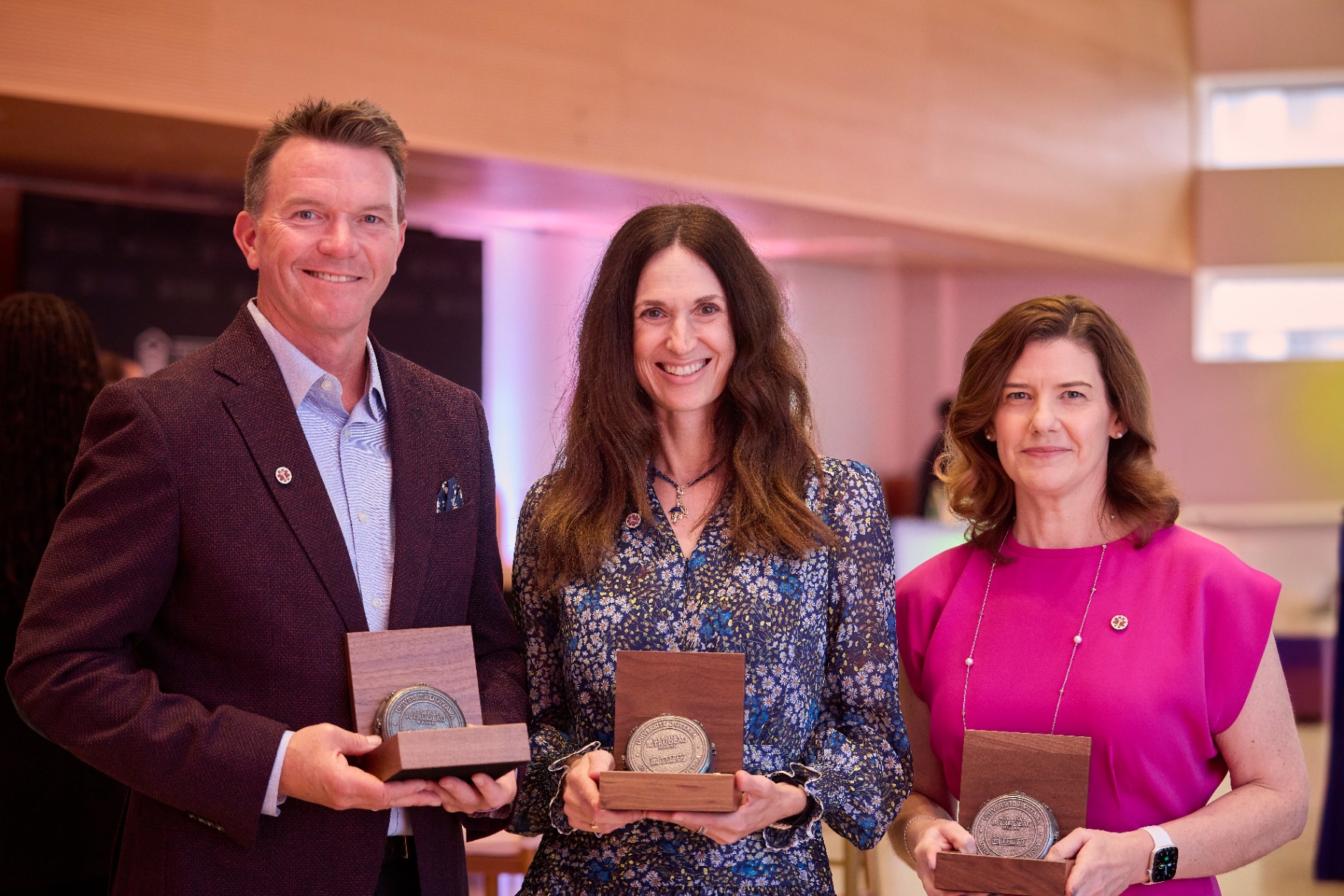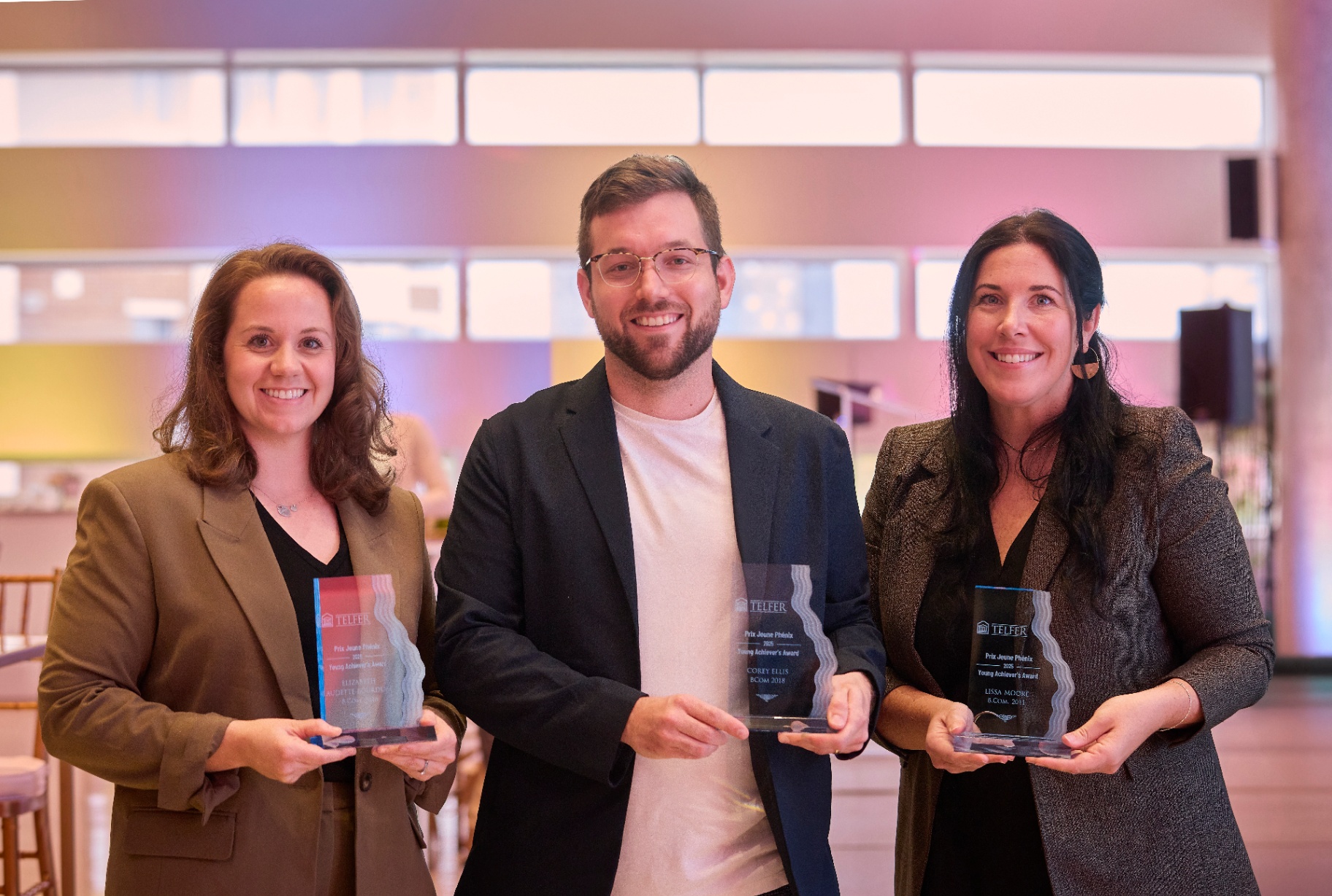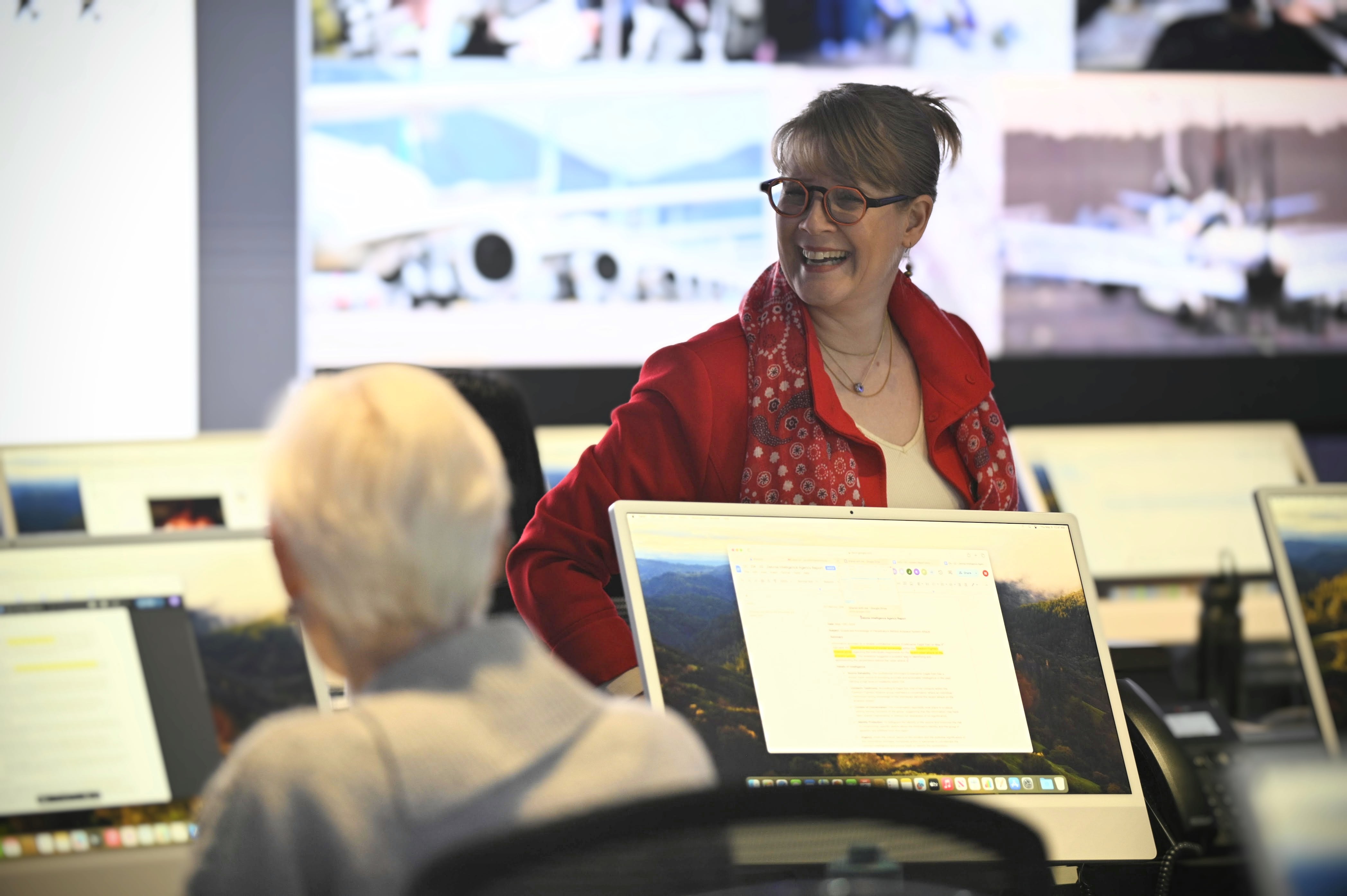Despite greater awareness of mental health and the creation of employee assistance programs, managers are still seeing high levels of stress and burn-out as staff struggle with work-life balance.
Telfer is the presenting sponsor of a Globe and Mail series of events called Ideas for a Better Canada. This feature was produced by Globe Content Studio with the Telfer School of Management and was published in The Globe and Mail on June 6, 2022, ahead of the second event in the series — Redefining Work: Employee Health and Happiness in the Changed Economy — which took place on June 14, 2022. Read the original article.
Sigmund Freud reputedly claimed that the key to happiness was love and meaningful work. Had he been a workplace psychologist, he might have added that the work also needs to be done in a healthy environment, where the worker feels included and respected. It sounds straightforward, yet so many organizations fall short of those goals.
Employee discontent, long simmering, has reached a boiling point during the disruptions of the COVID-19 pandemic, prompting many employees to reconsider their jobs and leading to the so-called “Great Resignation” trend.
Employers, meanwhile, have been left scrambling. “There’s just this fervour to understand, not only how to attract and retain talent, but also how to protect these people holistically,” Dr. Dimoff says. “How can they be made to feel safe and respected, supported and cared for, in their work environment?”

It’s proved an opportune time to launch the Thriving Organizations Research Collective (TORC). A Telfer-based initiative, the multidisciplinary collective aims to study workplace issues and help managers create the conditions in which they and their employees can thrive, and ultimately be happier.
“Thriving is a concept characterized by growth, vitality and continual positive evolution and learning,” explains Dr. Dimoff, who is heading up the collective along with fellow Telfer professors Silvia Bonaccio and Jane O’Reilly. To thrive, an organization needs to promote involvement and inclusion among its employees as well as maintain their physical and mental health.
The latter is a particular concern right now. Despite greater awareness of mental health and the creation of employee assistance programs, Dr. Dimoff says managers are still seeing high levels of stress and burn-out as staff struggle with work-life balance. That needs to be addressed before an organization can move forward to tackle other issues. “It’s very difficult to thrive, if you’re not surviving in the first place,” she says.
Another critical factor that prevents thriving includes employees feeling a lack of support, whether it be receiving feedback, respect or the tools needed to properly do a job.
Watch the full webcast featuring Jennifer Dimoff:
Redefining Work: Employee health and happiness in the changed economy
TORC plans to work with organizations, providing interventions to help with workplace issues while at the same time using the opportunity to engage in research. The collective will bring together at least 10 core researchers from Telfer across a variety of disciplines and areas of expertise. Among them is Dr. O’Reilly, whose research focuses on social relationships at work, including bullying and harassment.
One of the best ways for managers to support employees is to get to know them beforehand.

“It’s important to build those social connections,” Dr. O’Reilly says, “so that when the employee is dealing with a problematic situation, they feel they can speak to their manager and get help.” Managers also need to be aware of the social relationships within their team before any problems arise. And if they do, a manager should be familiar with the policies and procedures in their workplace, so they know what steps to take, she says. “And then they should be there for the employee as they go through that process.”
TORC will help organizations cultivate a thriving workplace, both on-site and via a new, state-of-the-art research lab on the University of Ottawa campus. The lab will allow researchers to observe work teams in action using a panoply of technology, from cameras and eye-tracking devices to advanced behavioural coding and analysis software.
“We can watch how they work together, brainstorm, solve problems,” Prof. O’Reilly says. “That way, we can identify the behaviours that help teams and those that don’t, in which case we can intervene and correct them.”
The lab is a collaboration between the Telfer School of Management and the Faculty of Arts and will be located in the Desmarais Building, which they share. Construction begins this summer, and the lab should be ready to launch in late 2023.
Dr. O’Reilly says the research there won’t just benefit existing management teams, but future ones. “We connect with a lot of tomorrow’s business leaders through our undergrad programs and MBA programs at Telfer,” she says. “These are people who could use this research eventually when they’re in management roles in organizations.”
Dr. Dimoff says the TORC hopes to eventually build a research network beyond Telfer. “I foresee this becoming a hub for researchers across Canada and the globe,” she says.
“We’re looking to attract those with similar research values,” Dr. O’Reilly adds. “Our ultimate goal is to help create organizations that treat their employees with respect, that provide them with meaningful work and that create those healthy social connections that we know can keep people happier in life.”
Learn more about Telfer's Thriving Organizations Research Collective











